Installing electrical wiring for kitchen lights may seem like a daunting task, but with the right tools and knowledge, it can be done safely and efficiently. Before beginning any electrical work, make sure to turn off the power to the kitchen area. It's always better to be safe than sorry when working with electricity. Start by mapping out where you want your kitchen light fixtures to be placed. This will help determine the amount of wiring needed and the best route for the wiring to take. It's important to follow building codes and regulations for wiring placement to ensure safety. Next, gather your materials including wire, a junction box, wire connectors, and a screwdriver. It's important to use the correct gauge of wire for your specific light fixtures, so be sure to check the manufacturer's instructions. After the wiring is in place, connect it to the light fixtures using wire connectors. Make sure to secure any loose wires and cover them with electrical tape for added safety. Once everything is connected, carefully tuck the wires into the junction box and secure the fixture to the ceiling or wall. Finally, turn the power back on and test the lights to ensure they are functioning properly. If you are unsure about any steps in the process, it's always best to consult a professional electrician.1. How to Install Electrical Wiring for Kitchen Lights
When it comes to wiring kitchen lights, safety should always be the top priority. Here are some tips to ensure a safe and successful wiring process: Plan Out Your Wiring Route: Before beginning any wiring work, make sure to plan out the route the wires will take. This will help avoid any potential hazards and ensure the wiring is hidden from view. Use the Right Tools: It's important to use the correct tools for the job. This includes wire cutters, strippers, and connectors. Using the wrong tools can result in a faulty wiring job and potential safety hazards. Turn Off the Power: Always turn off the power to the kitchen area before beginning any electrical work. This will prevent any accidents or injuries from occurring. Follow Building Codes: It's crucial to follow building codes and regulations for wiring placement to ensure safety. This may require consulting a professional electrician or doing research on your local building codes. Test Before Finishing: Once the wiring is complete, it's important to test the lights before securing them in place. This will ensure everything is functioning properly and prevent the need for any future rework.2. Tips for Wiring Kitchen Lights Safely
Even with the best intentions, mistakes can happen when wiring kitchen lights. Here are some common mistakes to avoid: Not Turning Off the Power: This is perhaps the most important step in any electrical work. Failure to turn off the power can result in serious injuries or even death. Using Incorrect Wire Gauge: It's important to use the correct gauge of wire for your specific light fixtures. Using the wrong gauge can lead to overheating and potential fire hazards. Not Securing Loose Wires: Loose wires can be a safety hazard and can cause the lights to malfunction. Always make sure to secure any loose wires and cover them with electrical tape. Not Following Building Codes: Building codes and regulations are in place for a reason – to ensure safety. Failing to follow these codes can result in potential hazards and may even lead to legal consequences. Not Testing the Lights: As mentioned before, it's important to test the lights before securing them in place. This will prevent any future rework and ensure the safety and functionality of the lights.3. Common Mistakes to Avoid When Wiring Kitchen Lights
If you're new to electrical work, it's important to have a basic understanding of how it works. Here are some key terms to know when it comes to wiring kitchen lights: Junction Box: This is a protective box that houses the electrical wires and connections. It helps to prevent any potential hazards or fires. Wire Gauge: This refers to the thickness of the wire. Different light fixtures require different wire gauges, so make sure to use the correct one for your specific fixture. Wire Connectors: These are small devices used to connect wires together. They ensure a secure and safe connection between wires. Circuit Breaker: This is a safety device that automatically shuts off the power if there is an overload of electricity. It helps to prevent electrical fires and keeps your home safe.4. Understanding the Basics of Electrical Wiring for Kitchen Lights
If you're ready to tackle wiring your kitchen lights, here is a step-by-step guide to help you through the process: Step 1: Turn off the power to the kitchen area. Step 2: Plan out the wiring route and determine the amount of wiring needed. Step 3: Gather materials including wire, a junction box, wire connectors, and a screwdriver. Step 4: Install the junction box and run the wiring to the light fixtures. Step 5: Use wire connectors to connect the wiring to the light fixtures. Step 6: Secure any loose wires and cover them with electrical tape. Step 7: Tuck the wires into the junction box and secure the light fixtures to the ceiling or wall. Step 8: Turn the power back on and test the lights to ensure they are functioning properly.5. Step-by-Step Guide for Wiring Kitchen Lights
When it comes to choosing the right wiring for your kitchen lights, there are a few factors to consider: Wire Gauge: As mentioned before, it's important to use the correct wire gauge for your specific light fixtures. This will ensure safety and prevent any potential hazards. Length of Wiring: The length of the wiring needed will depend on the placement of your light fixtures. Make sure to measure and plan accordingly to avoid any unnecessary extra wiring. Quality of Wiring: It's important to invest in high-quality wiring to ensure safety and longevity. Cheaper, lower-quality wiring may lead to malfunctions and potential hazards.6. Choosing the Right Wiring for Your Kitchen Lights
Even with proper planning and execution, issues may still arise with kitchen light wiring. Here are some common issues and how to troubleshoot them: Lights Not Turning On: This could be due to a loose wire connection or not having the power turned on. Double check all connections and make sure the power is turned on. Lights Flickering: This could be a sign of loose wire connections or a faulty circuit breaker. Check and secure all connections and consider replacing the circuit breaker if necessary. Overheating: This could be due to using the wrong wire gauge or overloading the circuit. Make sure to use the correct wire gauge and avoid overloading the circuit with too many light fixtures.7. Troubleshooting Common Issues with Kitchen Light Wiring
If you're looking to upgrade your kitchen light wiring for better functionality, here are some tips: Add More Light Fixtures: If your kitchen currently has limited lighting, consider adding more light fixtures for better functionality and visibility. Install Dimmer Switches: Dimmer switches allow you to adjust the brightness of the lights, providing more flexibility and control over the lighting in your kitchen. Upgrade to LED Lights: LED lights are energy-efficient and provide better lighting than traditional incandescent bulbs. Consider upgrading to LED lights for better functionality and cost savings.8. How to Upgrade Your Kitchen Light Wiring for Better Functionality
When working with electrical wiring for kitchen lights, it's important to take the necessary safety precautions to prevent accidents and injuries: Turn off the Power: Always turn off the power to the kitchen area before beginning any electrical work. Wear Protective Gear: This includes gloves, safety glasses, and closed-toe shoes. Use the Right Tools: Using the correct tools will make the job easier and safer. Make sure to have wire cutters, strippers, and connectors on hand. Consult a Professional: If you are unsure about any steps in the process, it's always best to consult a professional electrician. Your safety is worth the cost of hiring a professional.9. Safety Precautions to Take When Working with Electrical Wiring for Kitchen Lights
While it is possible to wire kitchen lights on your own, it may be a daunting task for those without experience or knowledge of electrical work. Consider hiring a professional electrician for peace of mind and to ensure the job is done safely and correctly. A professional electrician will have the necessary expertise, tools, and knowledge to safely and efficiently wire your kitchen lights. They will also be able to troubleshoot any issues that may arise and provide helpful tips for maintaining your kitchen light wiring in the future. In conclusion, installing and wiring kitchen lights may seem like a daunting task, but with the right knowledge and precautions, it can be done safely and efficiently. Always remember to prioritize safety, follow building codes, and consult a professional if needed. With these tips and steps, you can have a well-lit and functional kitchen in no time!10. Hiring a Professional Electrician for Kitchen Light Wiring: Is it Necessary?
The Importance of Proper Electrical Wiring for Kitchen Lights

Why Electrical Wiring Matters in Kitchen Design
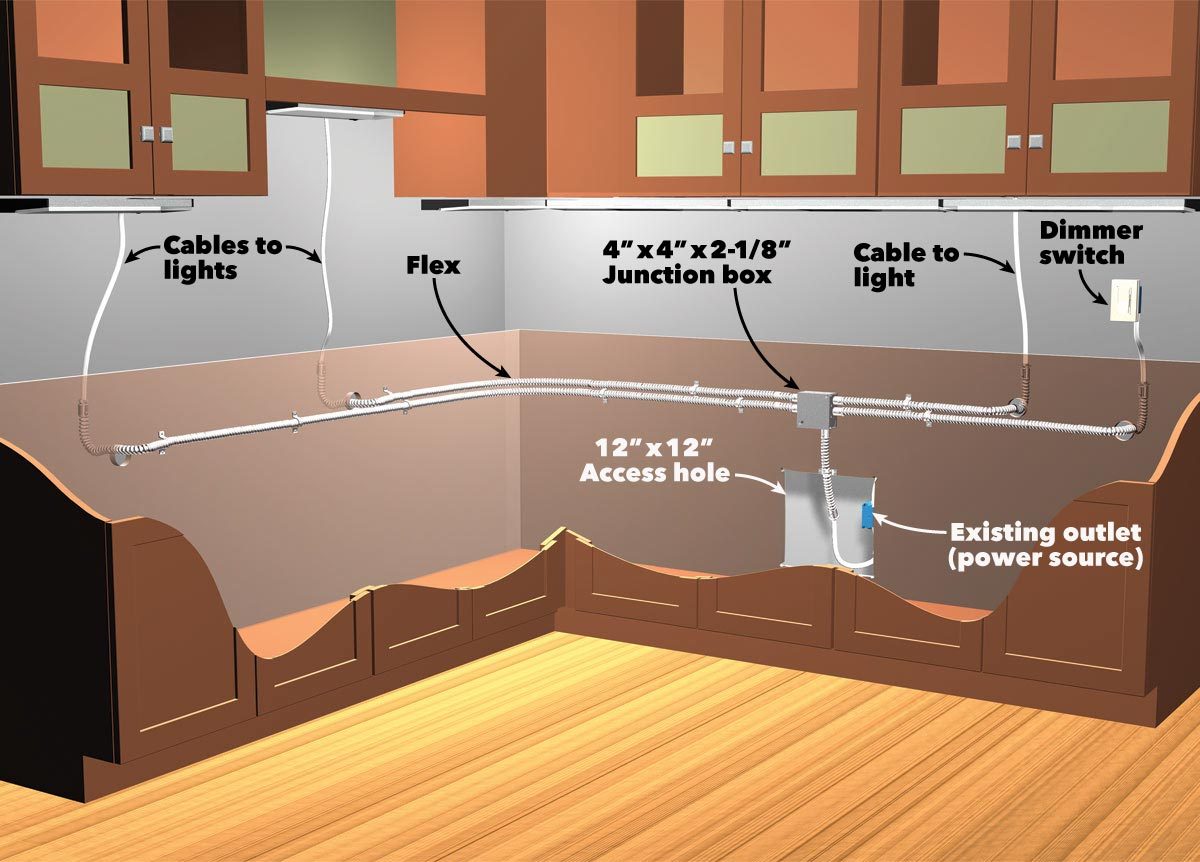 When designing a house, one of the most crucial aspects to consider is the electrical wiring. A well-designed electrical system ensures that all appliances and fixtures in the house receive the necessary power supply. This is especially important in the kitchen, where multiple appliances and lighting fixtures are used simultaneously. In this article, we will delve into the importance of proper electrical wiring for kitchen lights and how it can enhance your overall house design.
When designing a house, one of the most crucial aspects to consider is the electrical wiring. A well-designed electrical system ensures that all appliances and fixtures in the house receive the necessary power supply. This is especially important in the kitchen, where multiple appliances and lighting fixtures are used simultaneously. In this article, we will delve into the importance of proper electrical wiring for kitchen lights and how it can enhance your overall house design.
The Risks of Poor Electrical Wiring
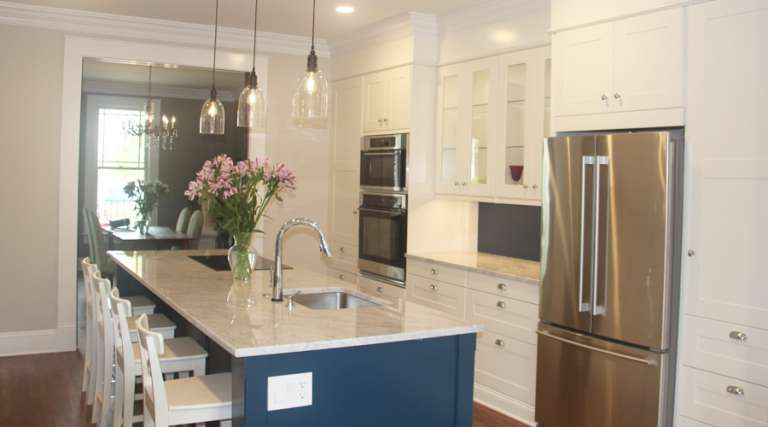 Poor electrical wiring in the kitchen can pose a significant risk to the safety of your home and family. Overloaded circuits, faulty wiring, and improper installation can lead to electrical fires, electrocution, and damage to appliances. This is why it is crucial to have a professional electrician install and maintain your kitchen's electrical system.
Poor electrical wiring in the kitchen can pose a significant risk to the safety of your home and family. Overloaded circuits, faulty wiring, and improper installation can lead to electrical fires, electrocution, and damage to appliances. This is why it is crucial to have a professional electrician install and maintain your kitchen's electrical system.
Enhancing Kitchen Aesthetics
 Apart from safety concerns, proper electrical wiring also plays a significant role in enhancing the overall aesthetics of your kitchen. With the right wiring, you can highlight specific areas of your kitchen by using different types of lighting fixtures. This not only adds to the visual appeal but also makes the kitchen more functional and efficient.
Apart from safety concerns, proper electrical wiring also plays a significant role in enhancing the overall aesthetics of your kitchen. With the right wiring, you can highlight specific areas of your kitchen by using different types of lighting fixtures. This not only adds to the visual appeal but also makes the kitchen more functional and efficient.
Choosing the Right Wiring for Your Kitchen Lights
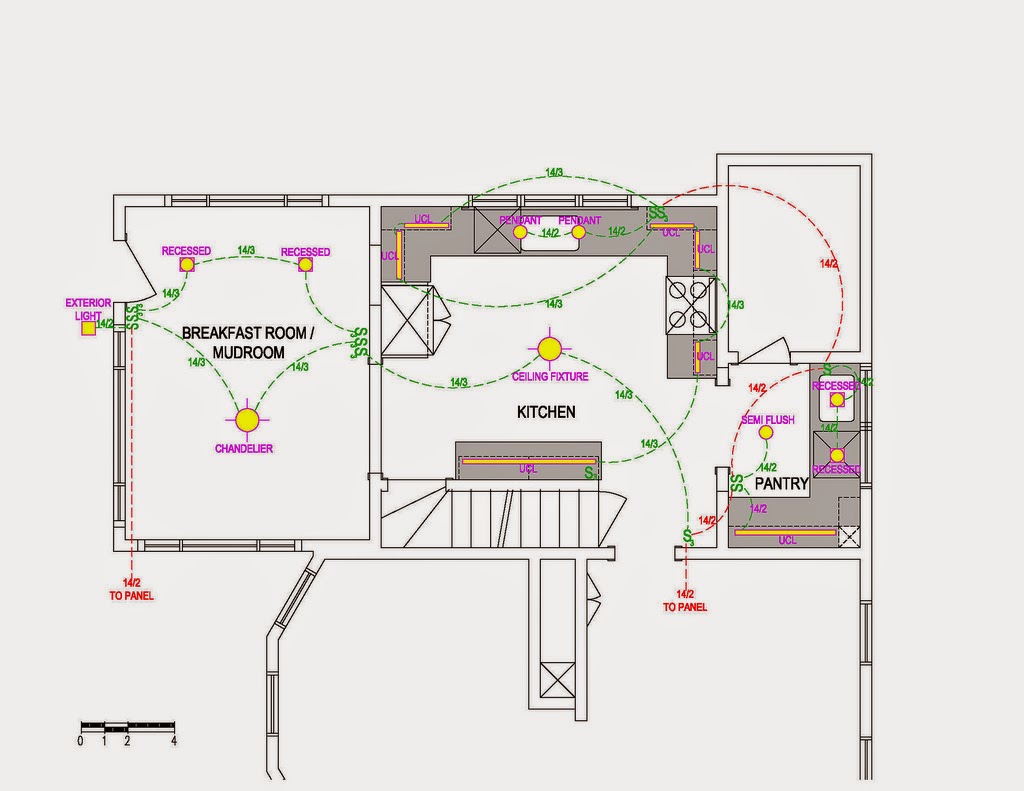 When it comes to kitchen lighting, it is essential to choose the right type of wiring.
LED lights
have become a popular choice for kitchen lighting due to their energy efficiency and long lifespan. They also produce less heat, making them safer for use in the kitchen. It is crucial to have a professional electrician help you select the appropriate wiring for your kitchen lights based on your specific needs and budget.
When it comes to kitchen lighting, it is essential to choose the right type of wiring.
LED lights
have become a popular choice for kitchen lighting due to their energy efficiency and long lifespan. They also produce less heat, making them safer for use in the kitchen. It is crucial to have a professional electrician help you select the appropriate wiring for your kitchen lights based on your specific needs and budget.
Regular Maintenance for Optimal Performance
Conclusion
 In conclusion, proper electrical wiring for kitchen lights is a crucial aspect of house design. It not only ensures the safety of your home and family but also enhances the aesthetics and functionality of your kitchen. Be sure to hire a professional electrician for the installation and maintenance of your kitchen's electrical system to ensure optimal performance and peace of mind.
In conclusion, proper electrical wiring for kitchen lights is a crucial aspect of house design. It not only ensures the safety of your home and family but also enhances the aesthetics and functionality of your kitchen. Be sure to hire a professional electrician for the installation and maintenance of your kitchen's electrical system to ensure optimal performance and peace of mind.



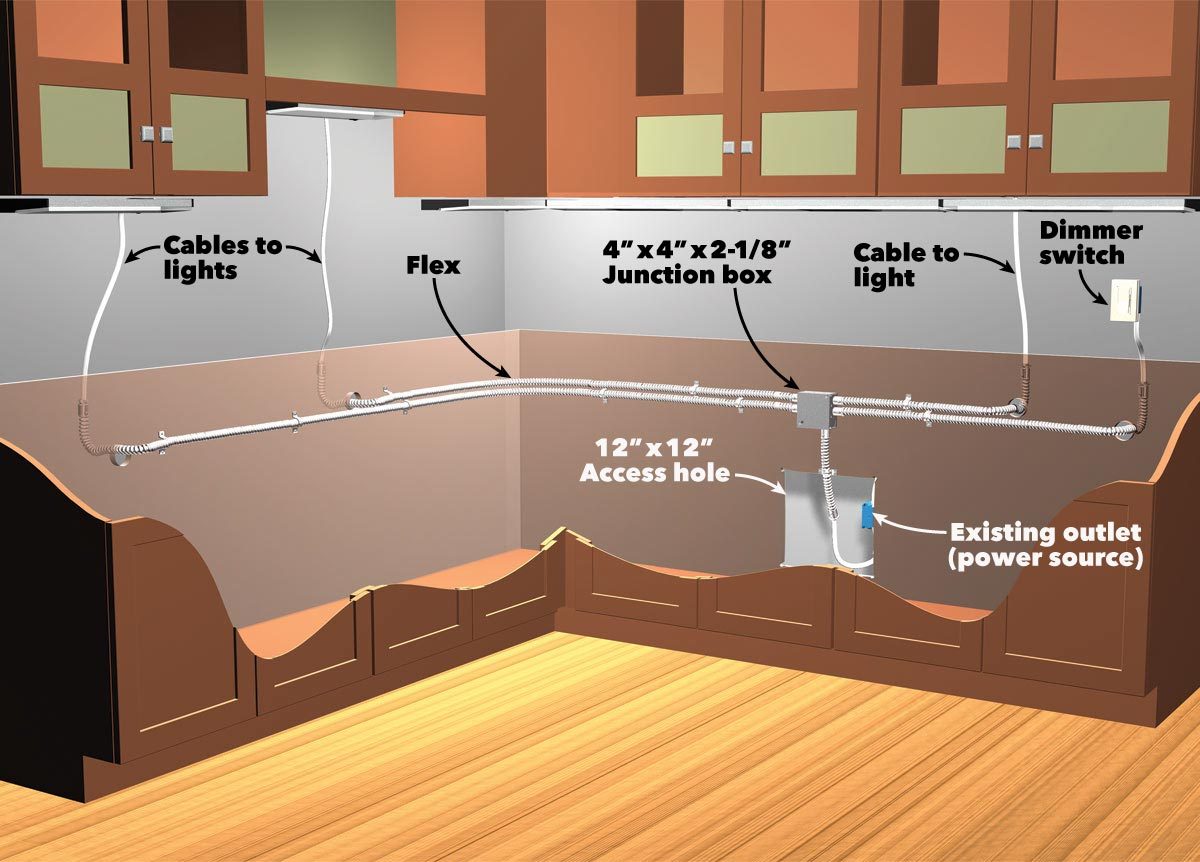



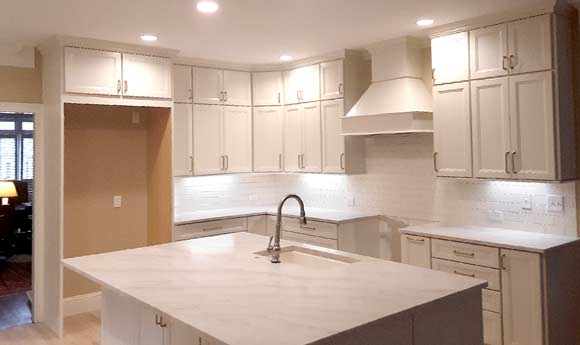



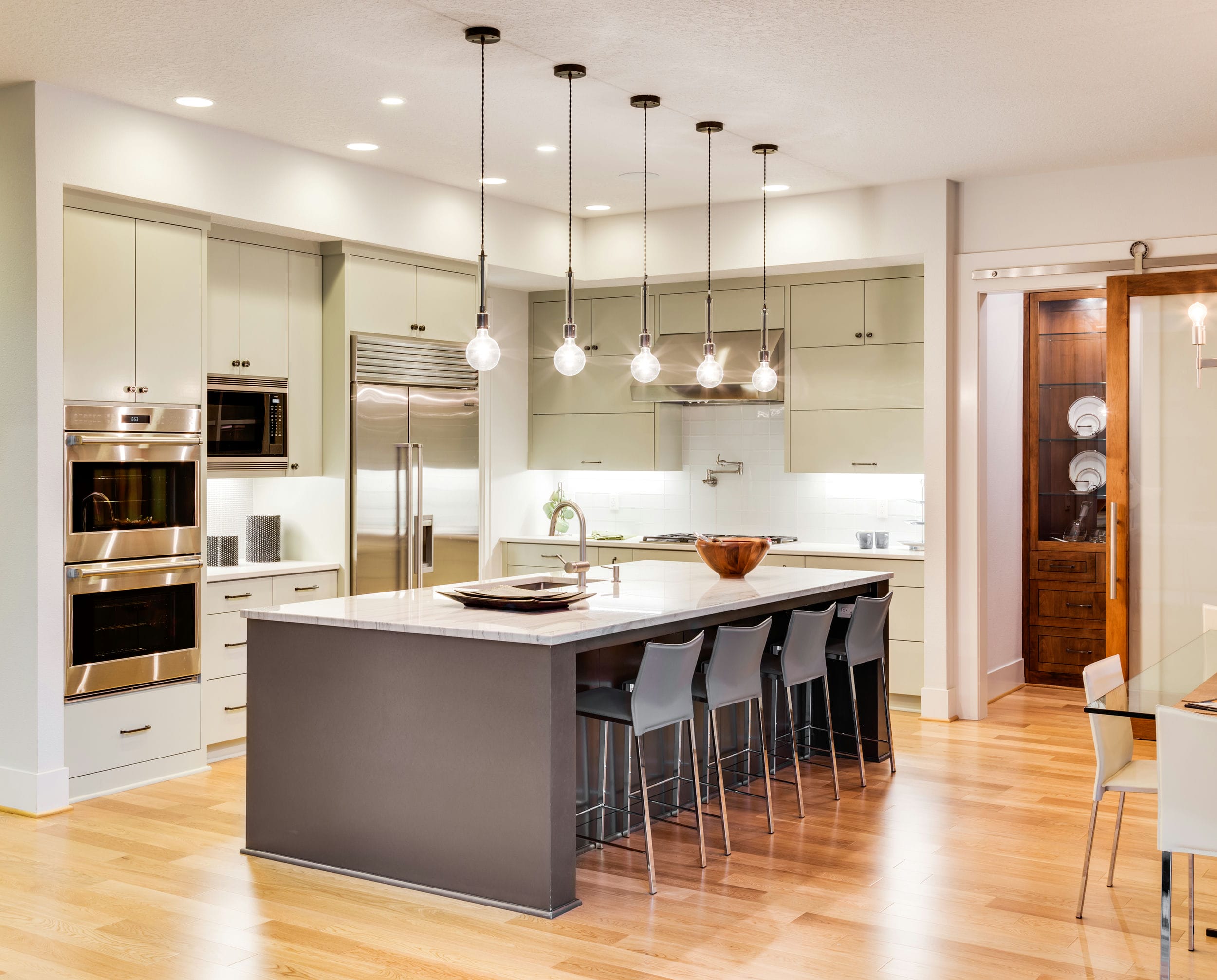

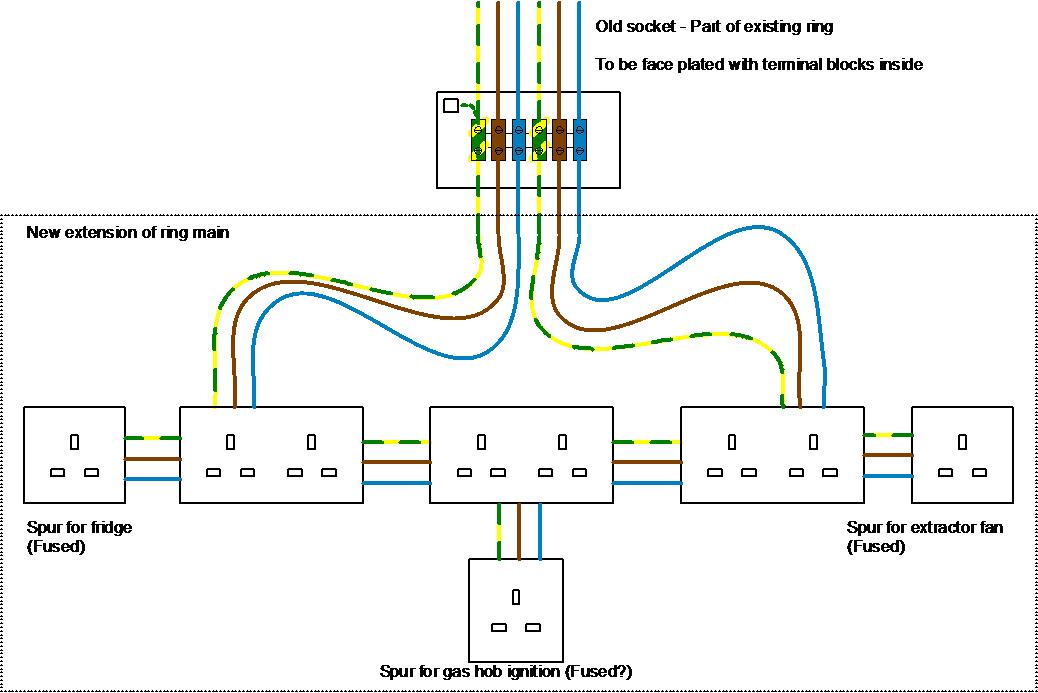

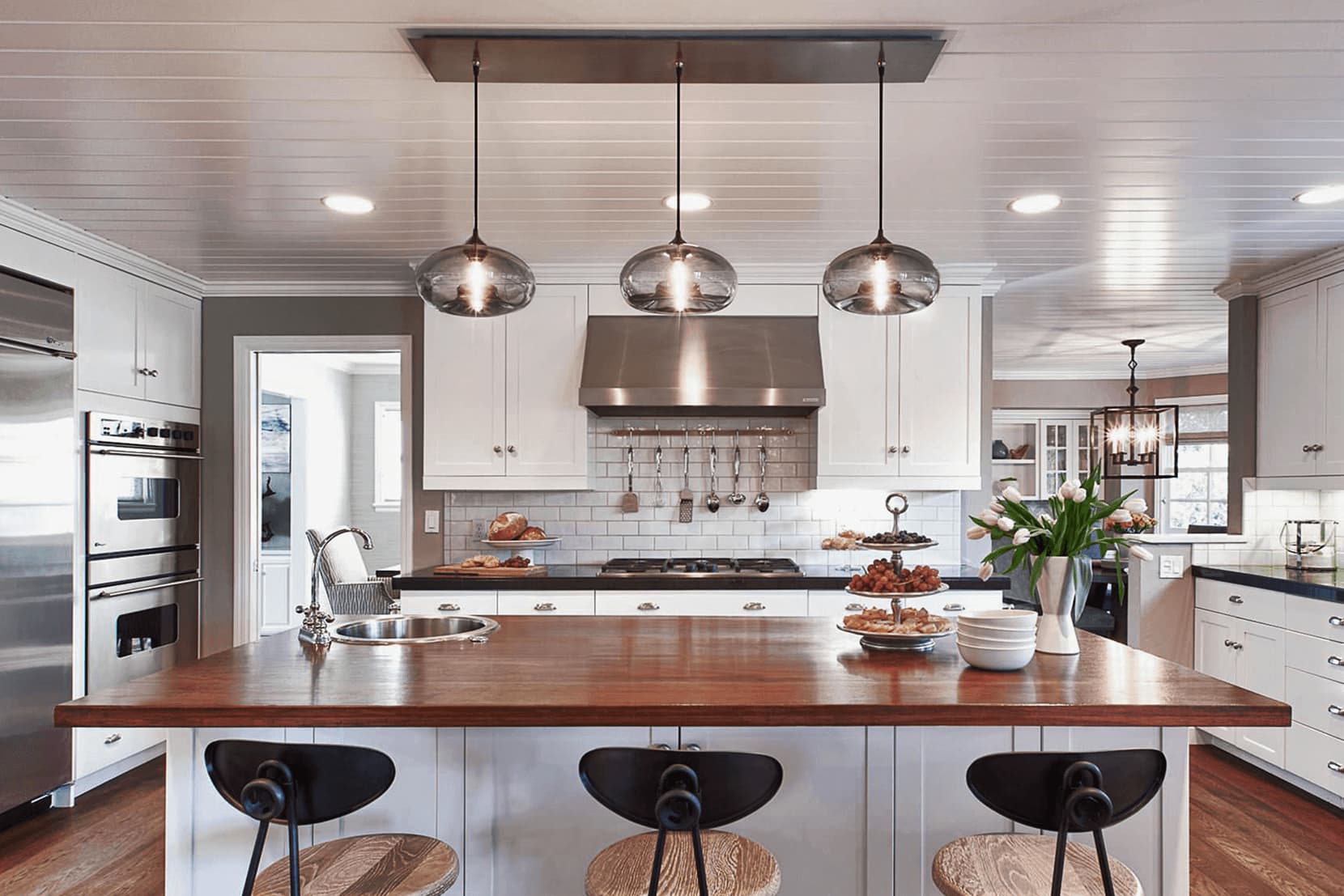
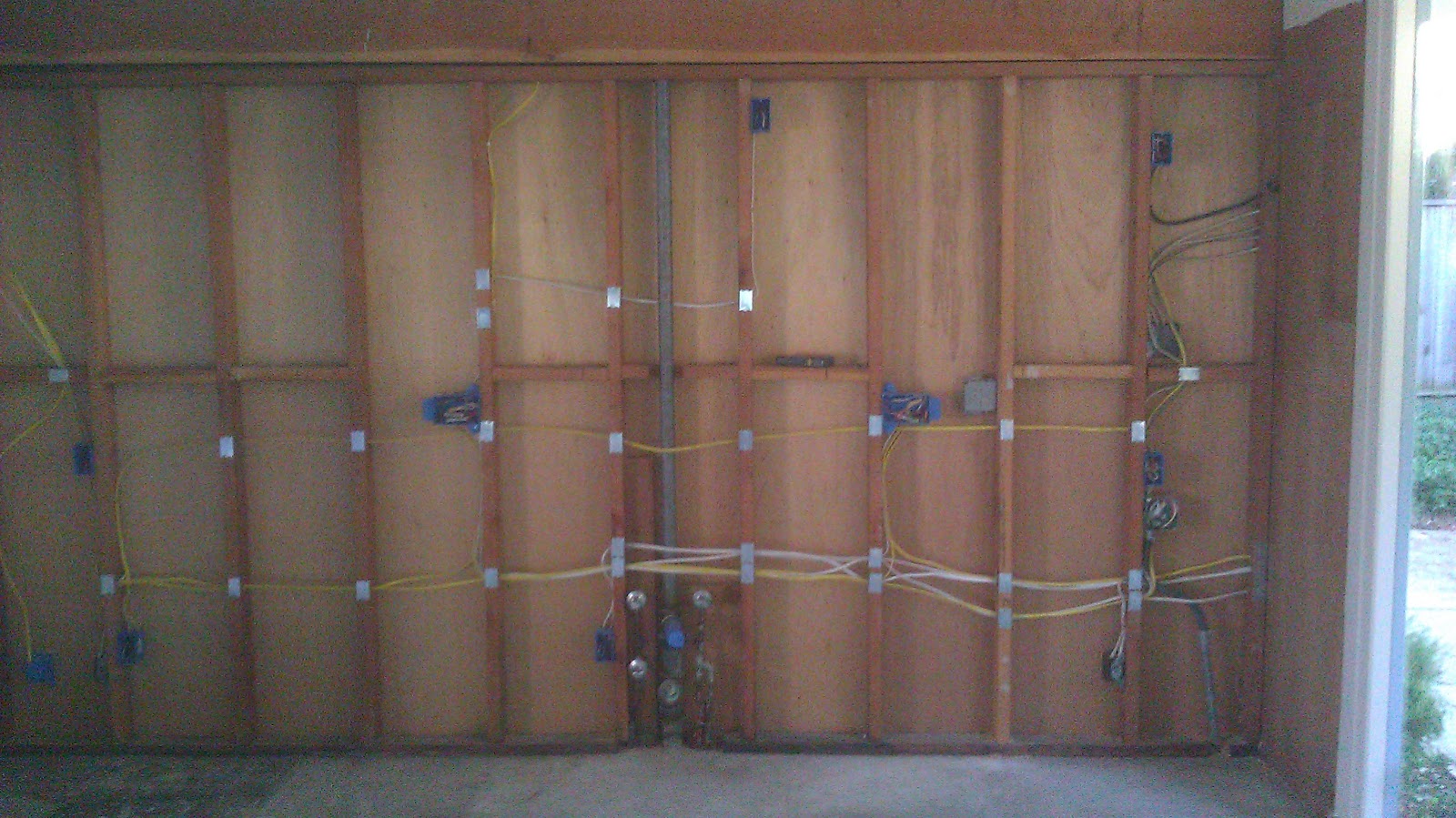



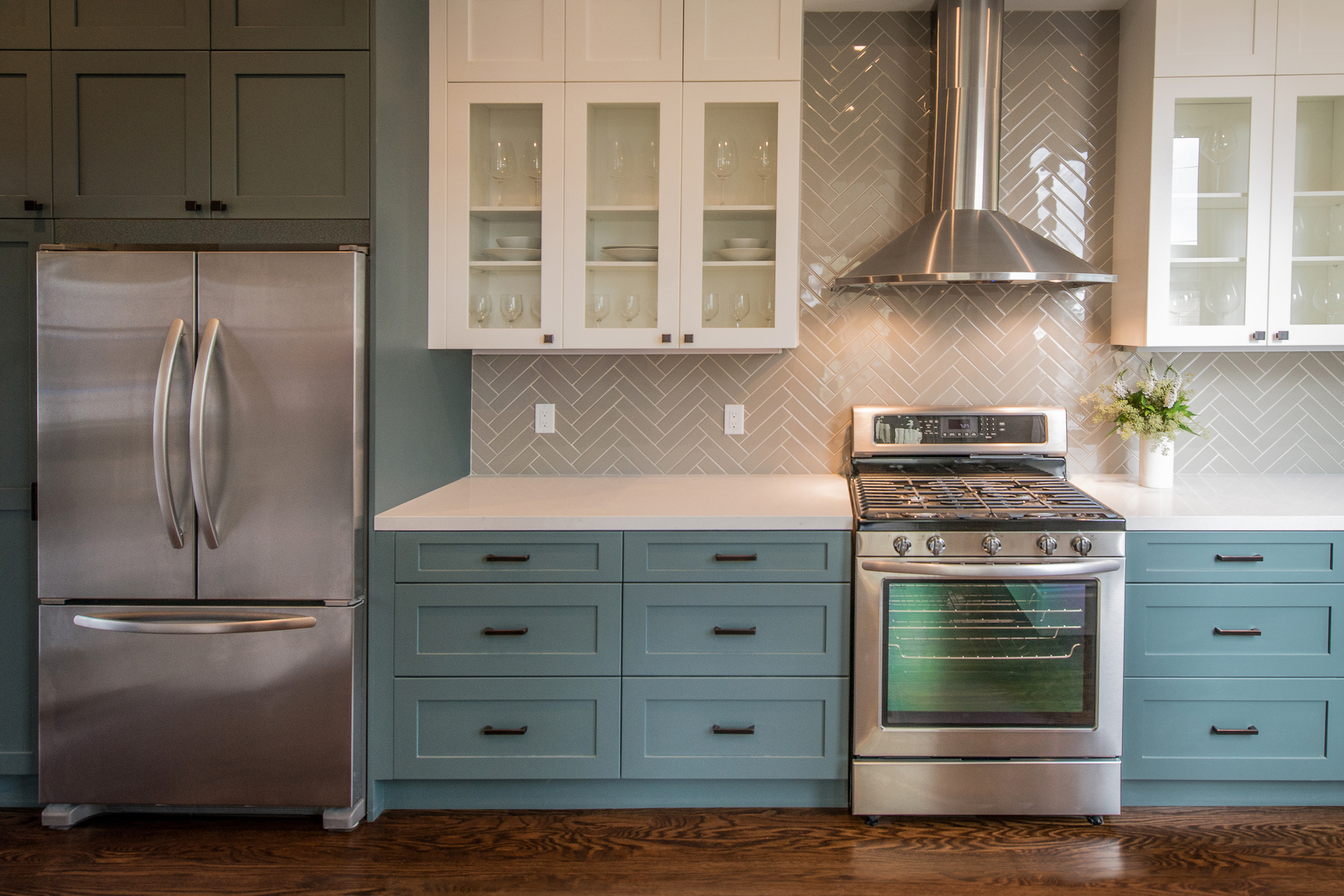




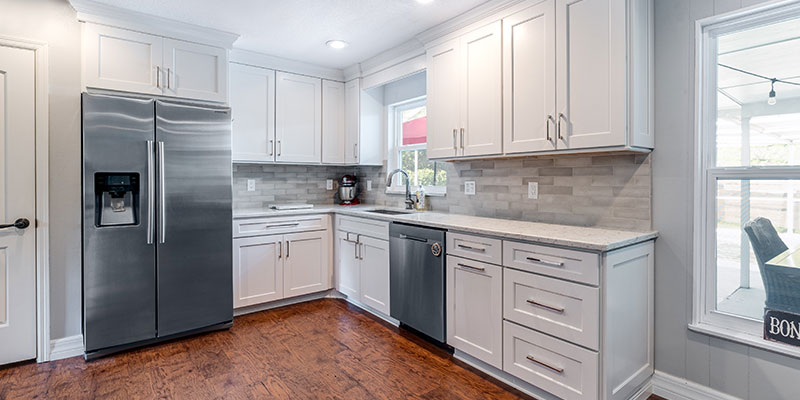




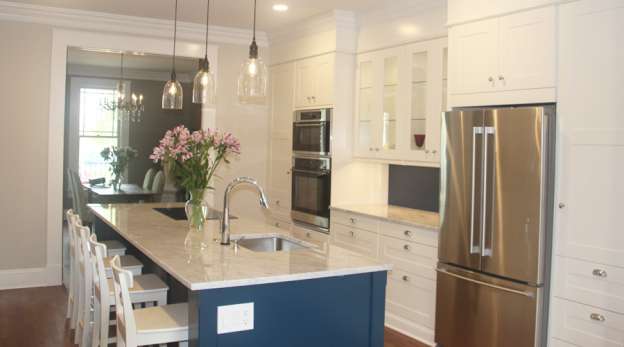













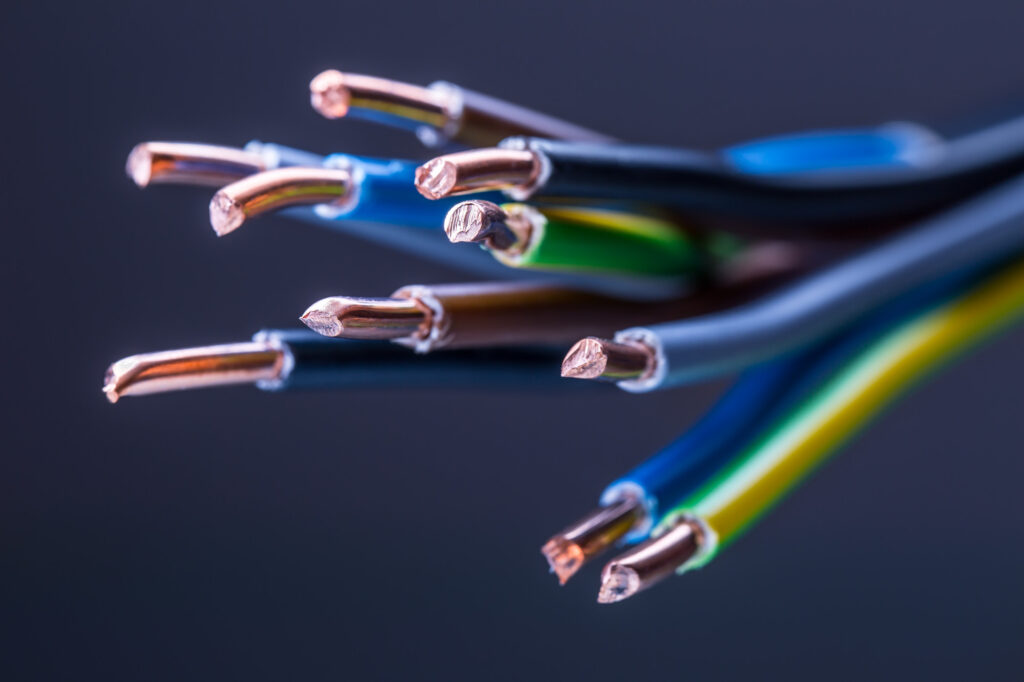





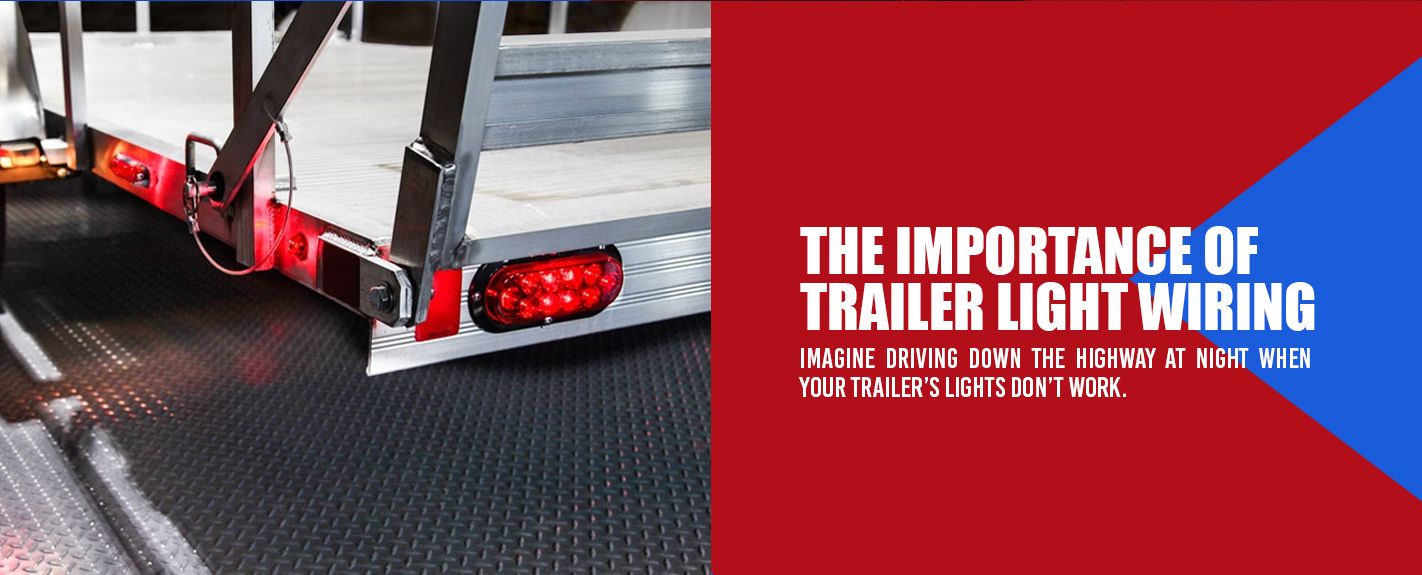
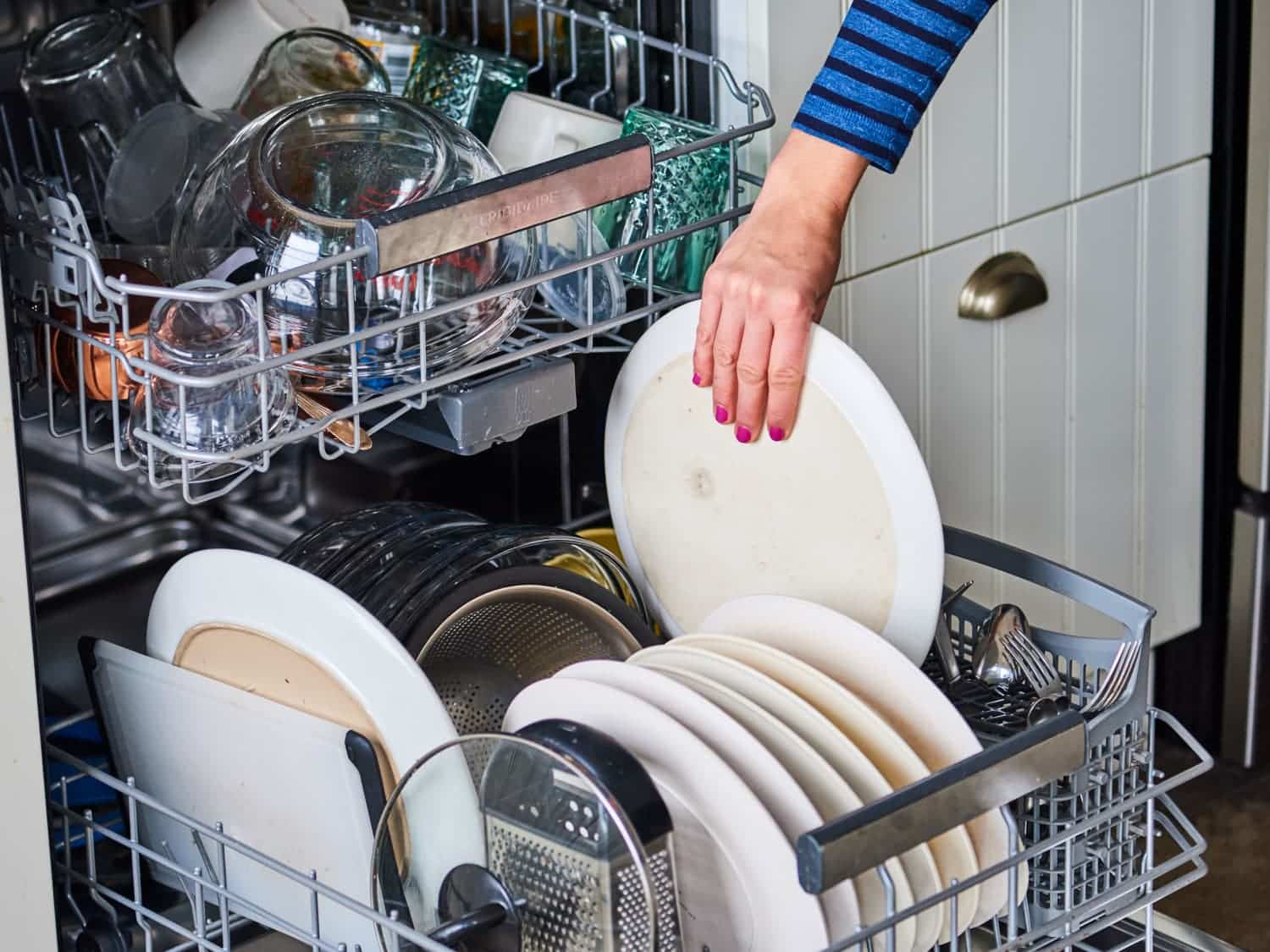
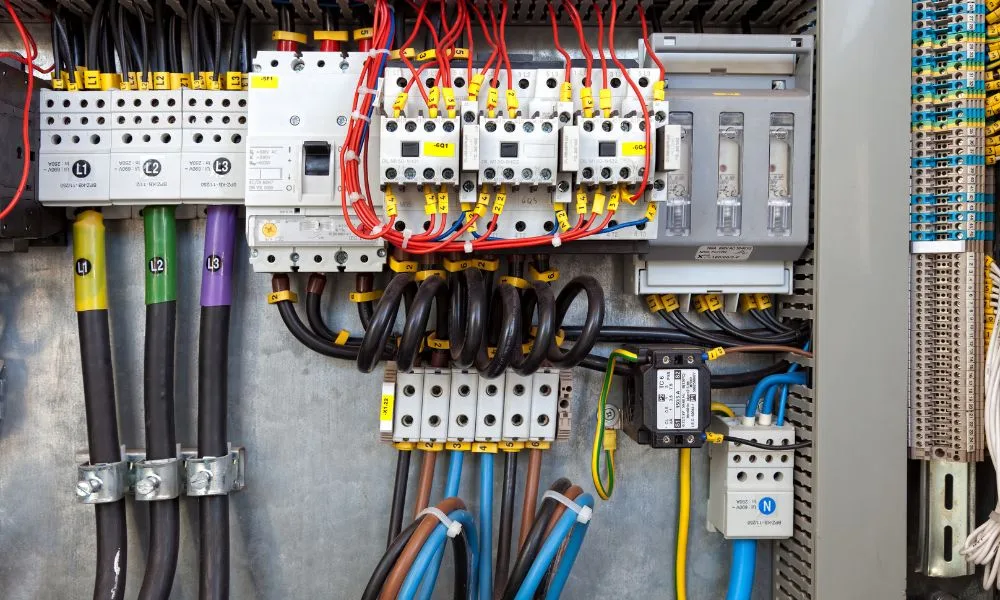



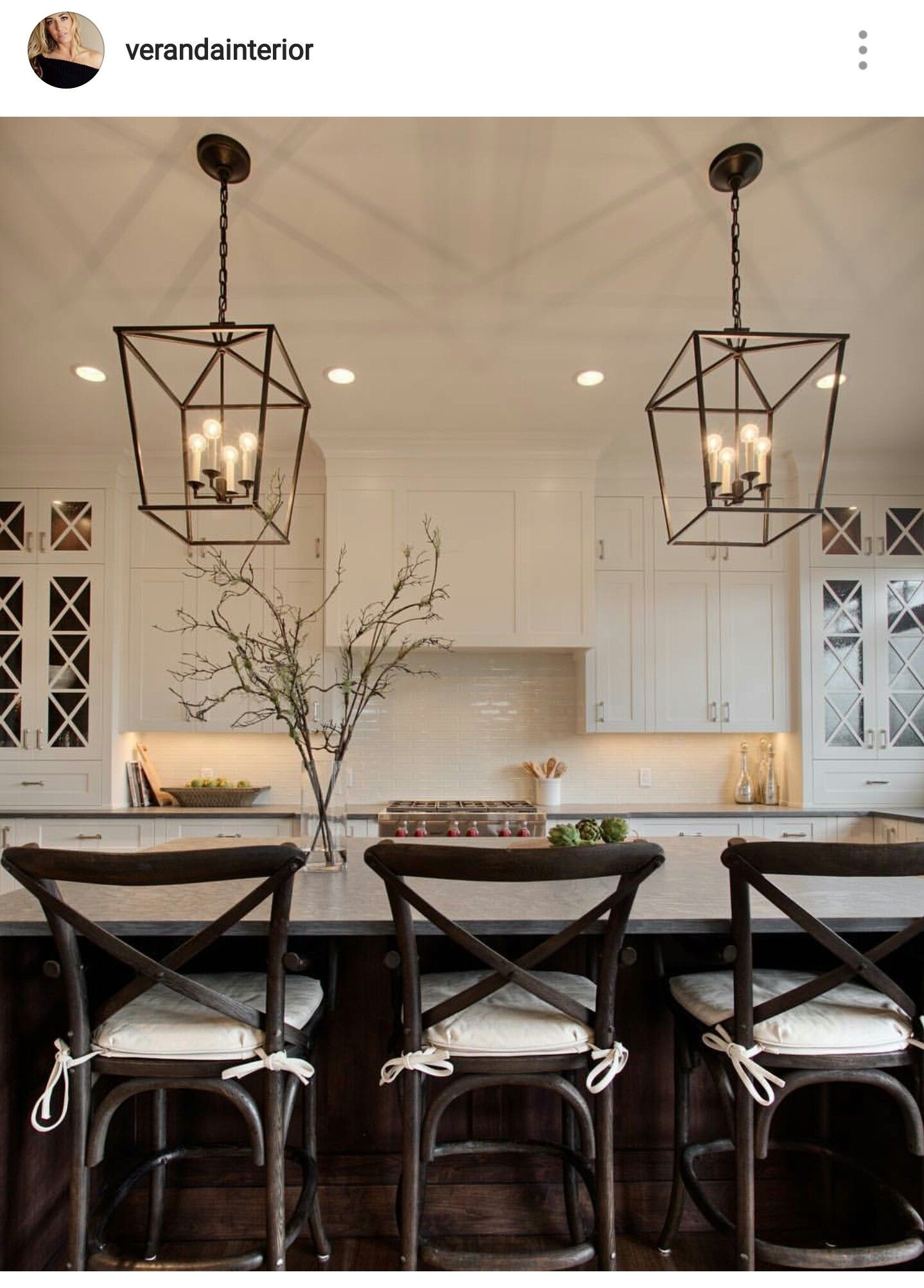




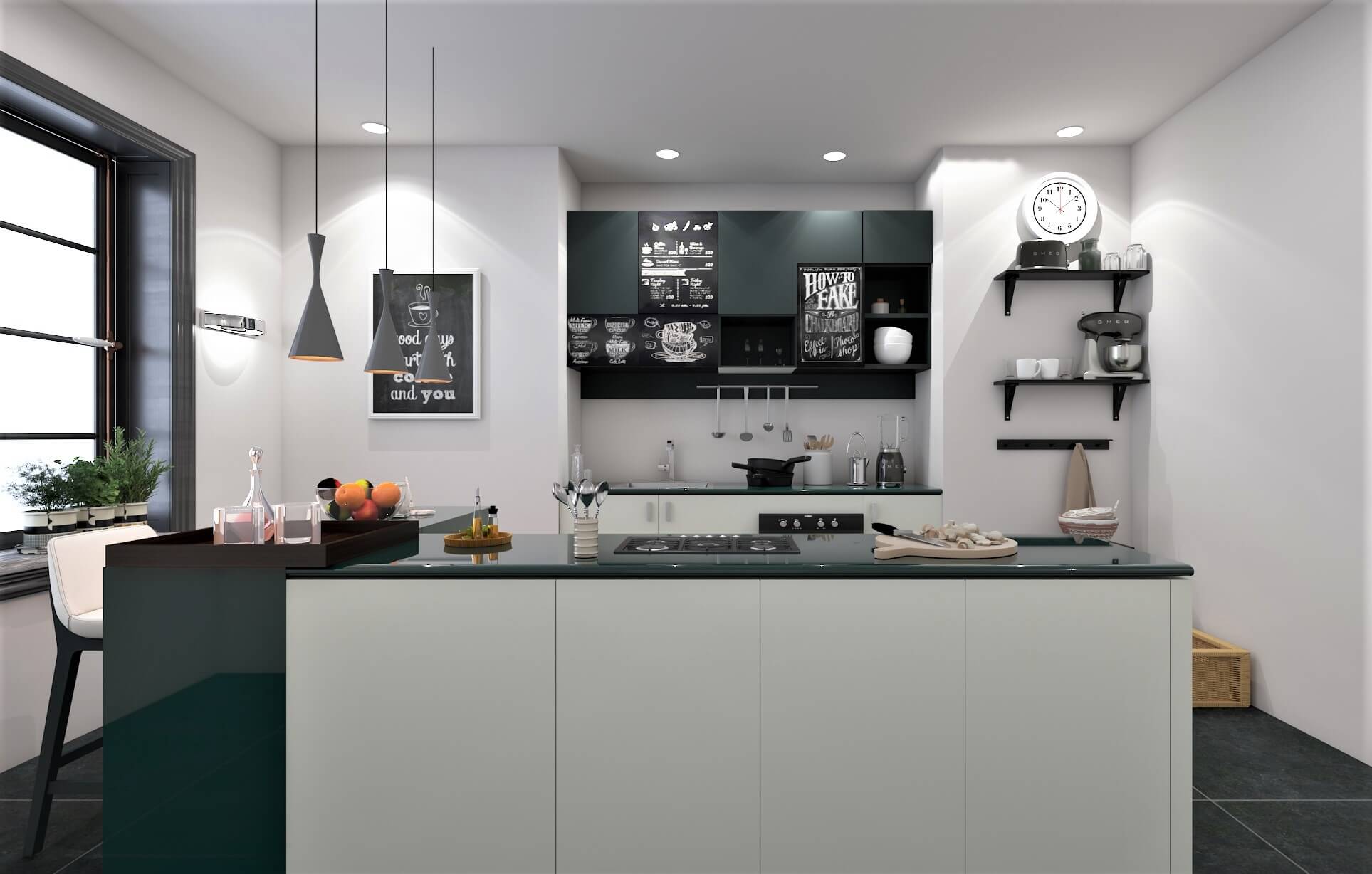






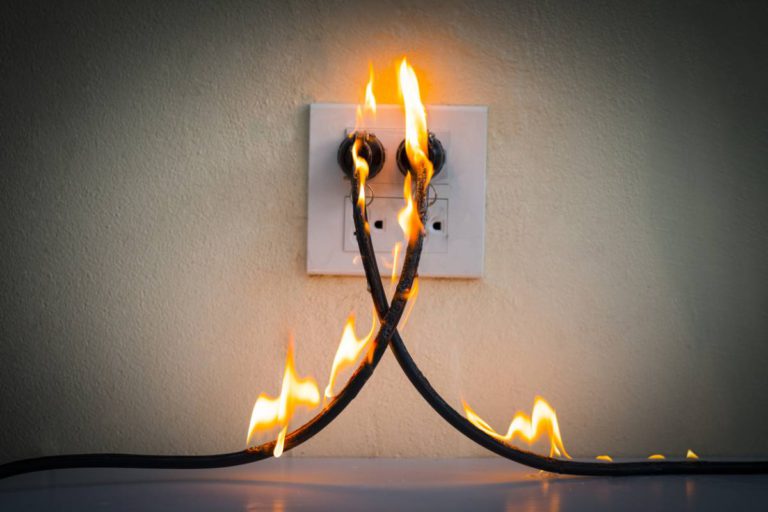
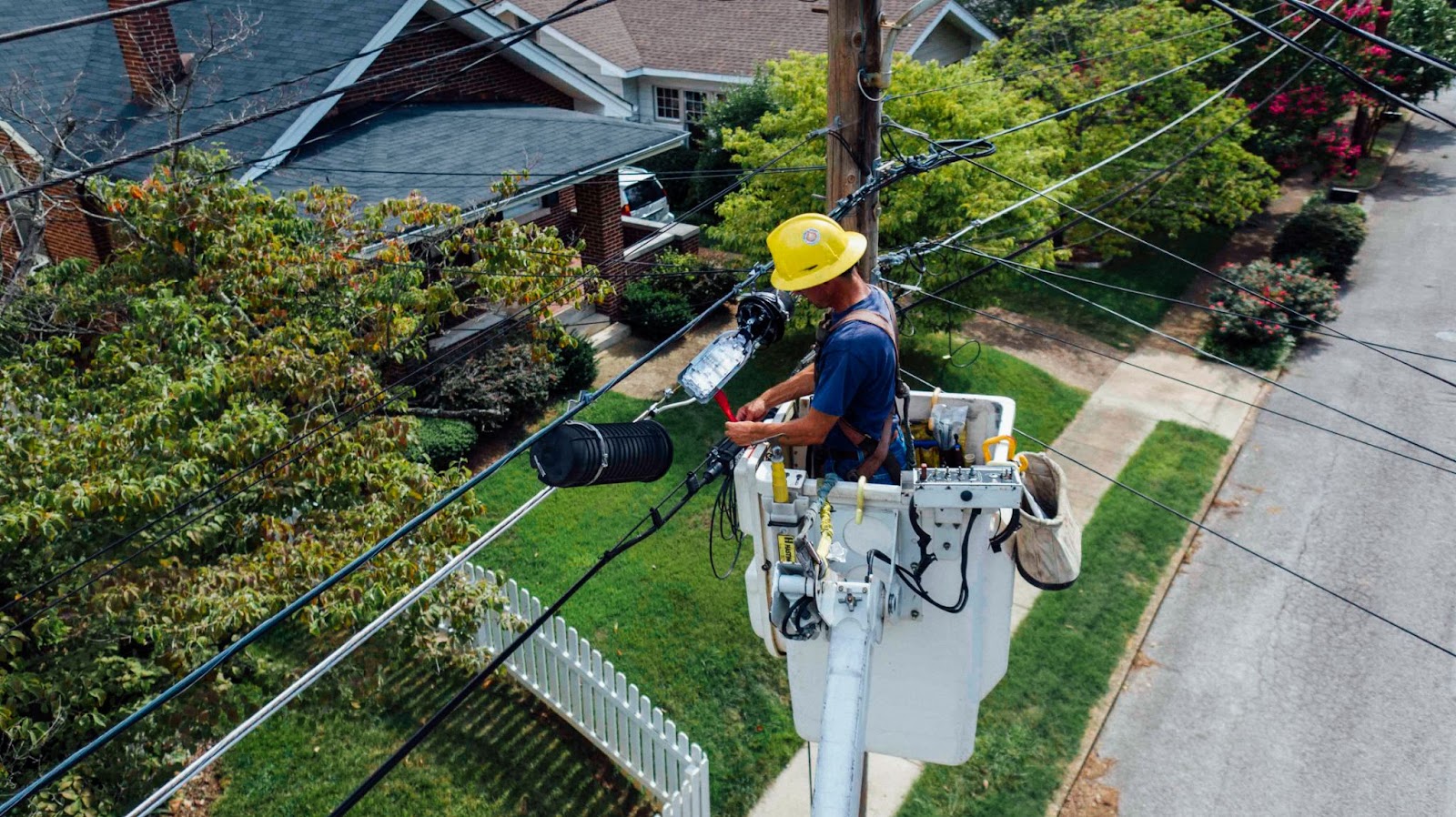
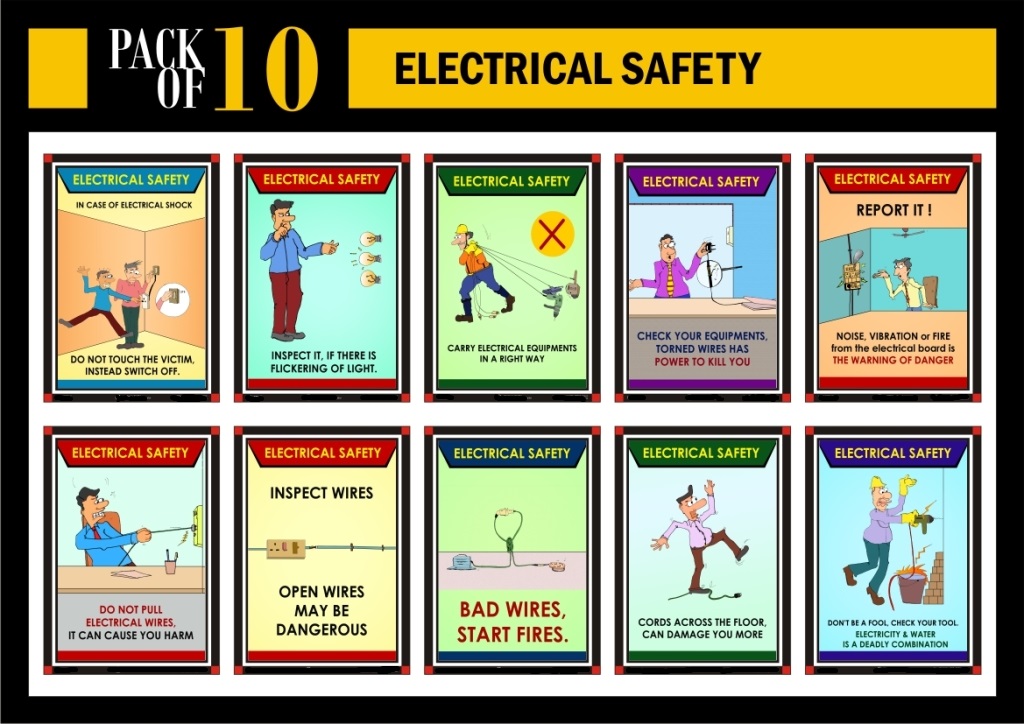

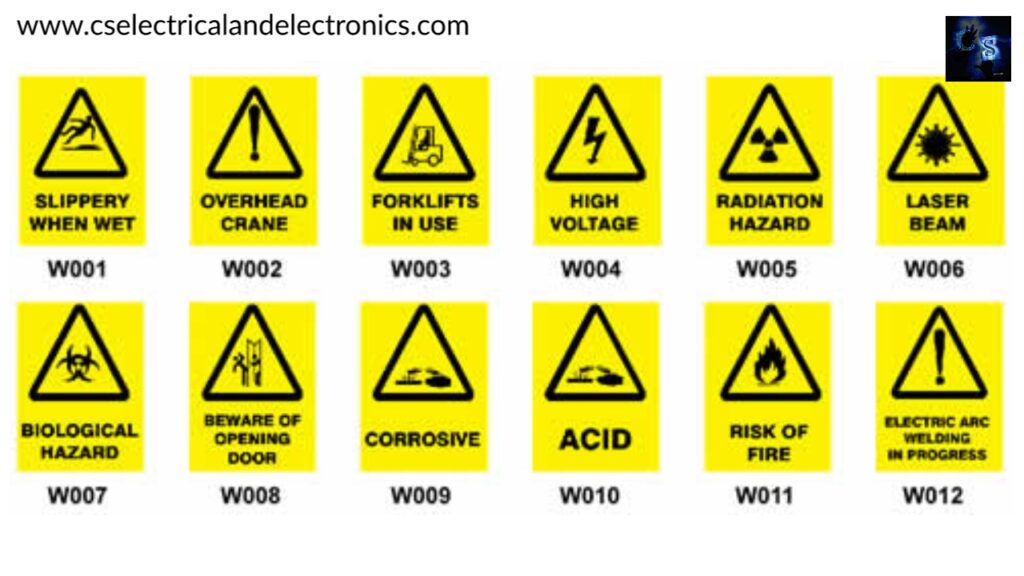



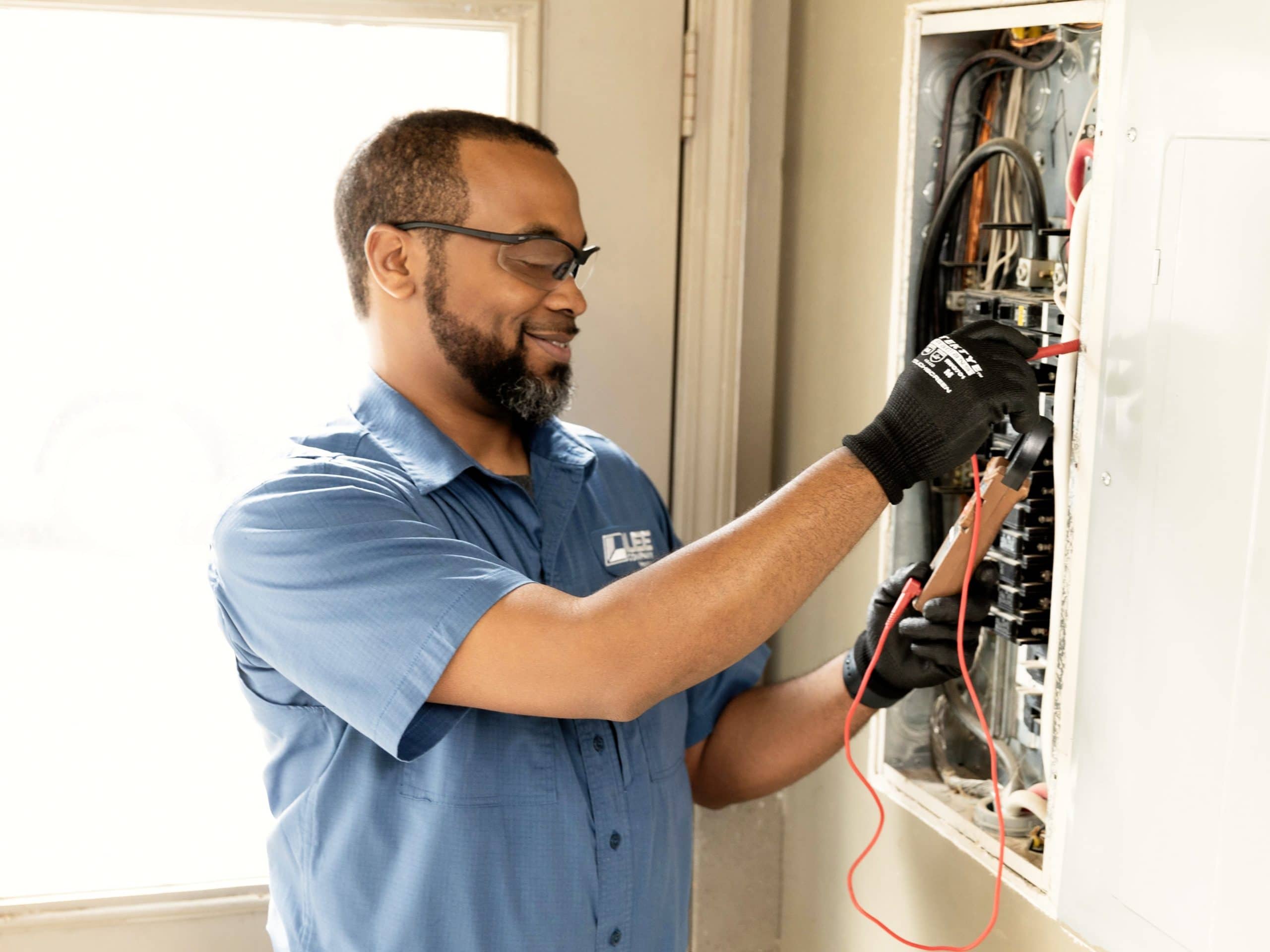


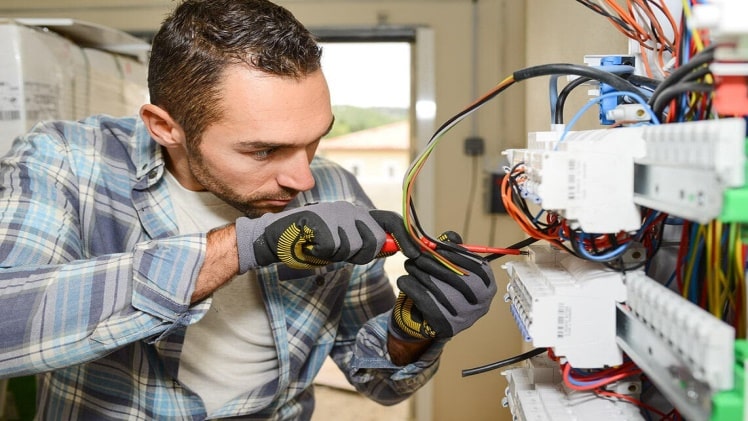




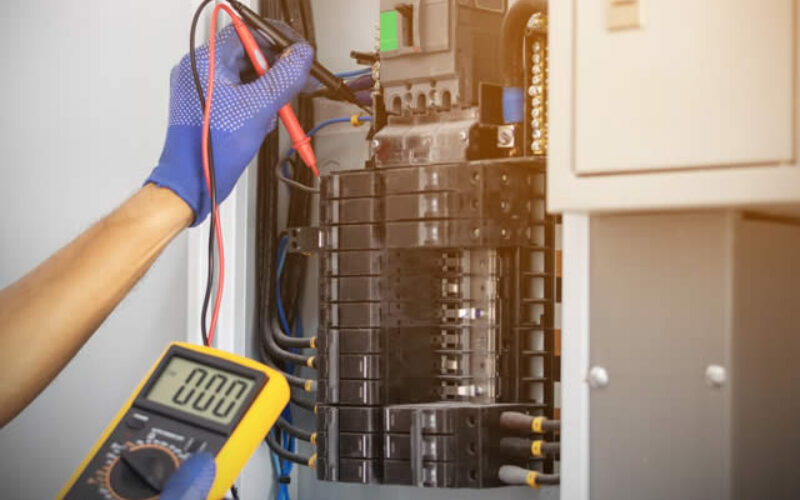




:max_bytes(150000):strip_icc()/Litchfield_BeresfordHill_025-5b89787fc9e77c00258aa53c.jpg)
